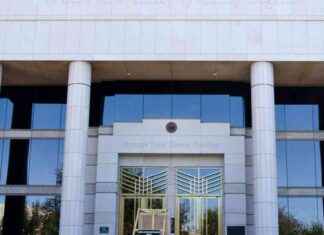Supreme Court to Rule on First Amendment Implications of TikTok Ban
The U.S. Supreme Court is set to make a groundbreaking decision regarding the constitutionality of a law that could potentially ban TikTok in the United States if the company is not sold. This decision comes after the court agreed to consider the First Amendment challenge presented by TikTok and ByteDance, its parent company, as well as TikTok users.
Legal Battle Unfolds
Oral arguments for this monumental case are slated for January 10, with two consolidated cases seeking emergency applications for an injunction. TikTok argues that the ban would impose a significant and unprecedented speech restriction, raising serious concerns about freedom of expression.
According to SCOTUSblog, Law360, the Washington Post, and the New York Times, the looming deadline for compliance with the Foreign Adversary Controlled Applications Act, which requires TikTok to be sold or face a U.S. ban, is January 19.
Security Concerns and Political Influence
Lawmakers supporting the ban have cited national security concerns, pointing to the Chinese government’s oversight of private companies. Senate Minority Leader Mitch McConnell highlighted TikTok’s ties to the Chinese Communist Party, emphasizing the need to prevent the exploitation of American data and dissemination of potentially harmful propaganda.
Interestingly, both Vice President Kamala Harris and former President Donald Trump utilized TikTok during the 2024 presidential campaign, showcasing its widespread influence in American politics.
Implications for Social Media and Free Speech
The Supreme Court’s ruling on this case will undoubtedly have far-reaching implications for social media platforms and the protection of free speech in the digital age. As the legal battle unfolds, the future of TikTok’s presence in the United States hangs in the balance, prompting critical discussions about national security, political influence, and individual liberties.
In a world where technology and politics intersect, the Supreme Court’s decision will shape the landscape of digital communication and the boundaries of governmental control over social media platforms. Stay tuned as this legal saga continues to unfold, reshaping the way we navigate the complex relationship between technology, privacy, and free expression.








